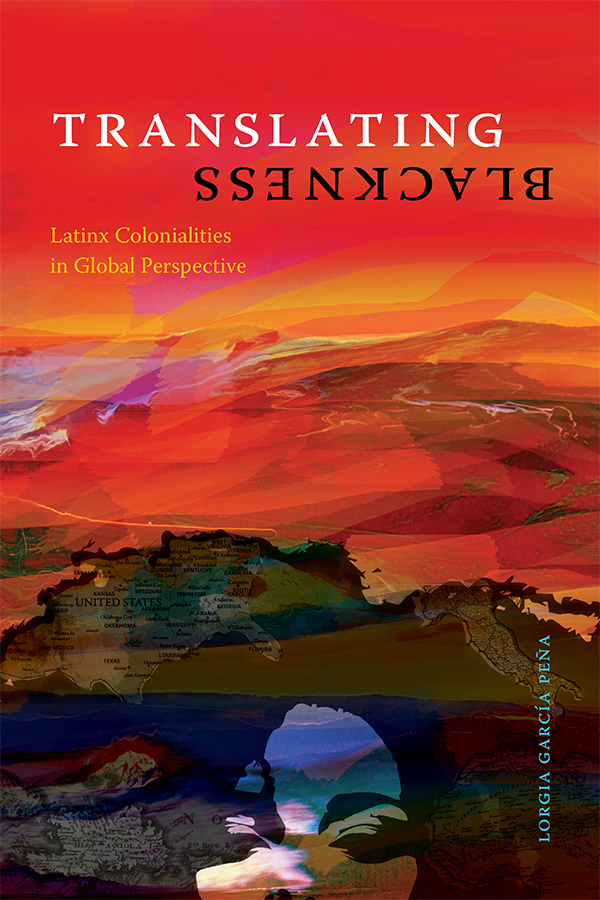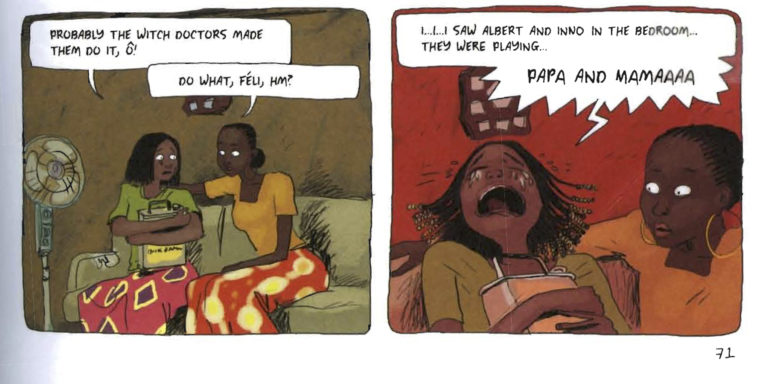This article tracks my intellectual journey in trying to understand the role played by craft specializations before the colonial era in KwaZulu-Natal (South Africa), which is the area where I come from. I do this by a comparative look at how craft specializations happened in other parts of the African continent, an approach prompted by the absence of older written or documentary sources on KwaZulu-Natal, prior to the advent of European colonialism. A key finding of the research is that the cultural and ritual repertoires of craft specialists reveal conceptual domains of expertise that are derived from intra-African regional dynamics. This contrasts with the colonial belief that implied that notions of expertise were as a result of European or Asian human contacts. In looking at craft guilds, I am interested in how ritual, technological skill and the mastery of certain musical/creative acts played a part in the formation of regional blocs in ancient Africa. Such a historical understanding may be crucial to our present-day understanding of emergent processes of regionalization and identity formation.
Keyword: migration
Review of Translating Blackness: Latinx Colonialities in Global Perspective by Lorgia García Peña (Duke University Press)
In Translating Blackness, Lorgia García Peña offers a transnational conceptualization of Black Latinidad. Framing Black Latinidad as an epistemology, García Peña traces its historical and contemporary formations through the lives and the work of historical Black Latinx intellectuals as well as contemporary Black and Black Latinx individuals in the Carribean, Italy, and the United States. García Peña approaches Black Latinidad as produced through vaivén—coming and going across physical and symbolic borders of nation-state and migrant-citizen categories that characterizes the sociological position of Black Latinx individuals.
Border Trash: Recovering the Waste of US-Mexico Border Policy in Fatal Migrations and 2666
This article examines how discourses of waste and wastefulness are applied to the bodies of border crossers and border dwellers along the US-Mexico border. Using Josh Begley’s 2016 digital memorial “Fatal Migrations” alongside the fourth section of Roberto Bolaño’s 2666, I examine how the matter of bodies plays an essential role in border policing. Forced into isolated and environmentally hostile areas, migrants are only visible through discarded objects, left behind during border crossing. As a result, American policy and discourse is able to associate migrant bodies with the trash they leave behind—effectively reducing migrant bodies to disgusting and ecologically dangerous. I look at “Fatal Migrations” to consider how the landscape is deployed against migrants and the vibrancy of their bodies after death. This reading leads to a consideration of waste across the border as seen in the fourth section of Roberto Bolaño’s 2666, “The Part about the Crimes.” A fictionalized representation of the feminicides in Ciudad Juarez, Bolaño’s narrative shows the reduction of women’s bodies to capitalistic waste. Taken together the two pieces illustrate the dismissal of bodies to waste and wasteful under overlapping immigration and economic policies. Moreover, both pieces show how death in the borderlands is central to American understandings of sovereignty. The result is increasingly militarized environments and solidified borders in the form of physical structures, cultural attitudes, and policy.
Muslim Voices, Moorish Masks: Theoretical Perspectives on Music and Islam in Southern Spain
This article proposes a new theoretical framework for the study of music and Islam in Andalusia, southern Spain. I demonstrate the framework’s potential by applying it to collaborative musical performances among Muslim economic migrants, European converts to Islam, and non-Muslim Andalusians during a year-long heritage festival that celebrated the region’s medieval Islamic past, arguing that musical analysis opens fresh lines of inquiry into the expression and experience of Muslim subjectivity in Andalusia. In the process, I engage with theoretical debates on hybridity in anthropology and ethnomusicology, orienting my own perspective along the axis of performativity, while in dialogue with Hispanic studies and Spanish cultural studies I think along the borders between hybridity and hauntology to recalibrate discussions of Spanish historical memory for a theoretical framework that ultimately coalesces into scenes of Moorishness: crowded, contested scenes in which musicians, festivalgoers, and festival organizers mutually interpellated each other under the rubric of Andalusia’s medieval Islamic past.
Minor Miracles: Toward A Theory of Novelty in Aya of Yopougon
This essay undertakes a reparative reading of Aya of Yopougon, a multivolume graphic novel by Marguerite Abouet and Clément Oubrerie. Setting Aya alongside other African comics and prevailing interpretations of African and Diasporic literatures, this interpretation coins the term “novelty” to describe the unique mode of representing subjects, space, and time in the text. This “novelty” situates Aya at the intersection of tendencies in African, European, and North American comics art, and it juxtaposes subtle renditions of everyday life with overdetermined representations of African societies and Africans in Diaspora. The essay also articulates the relevance of novelty for feminist, queer, and postcolonial theories, comics scholarship, and Diaspora Studies.
Queer Provisionality: Mapping the Generative Failures of the Transborder Immigrant Tool
Alison Reed investigates the border- and boundary-crossing performance of Electronic Disturbance Theater 2.0’sTransBorder Immigrant Tool (TBT), an incomplete cell phone program that offers GPS, guidance, and poetry to those attempting to cross into the United States across the Mexico/US border. Reed suggests a provocation-based performance of “queer provisionality,” revealing the aesthetics of oppressive power structures by juxtaposing them to social utopias. Interrogating the national neoliberal project of both US liberalism and US conservatism, Reed’s essay is also a transcription of the performances launched around TBT, the social and political machinery set into motion by Electronic Disturbance Theater’s failed utopian project.





